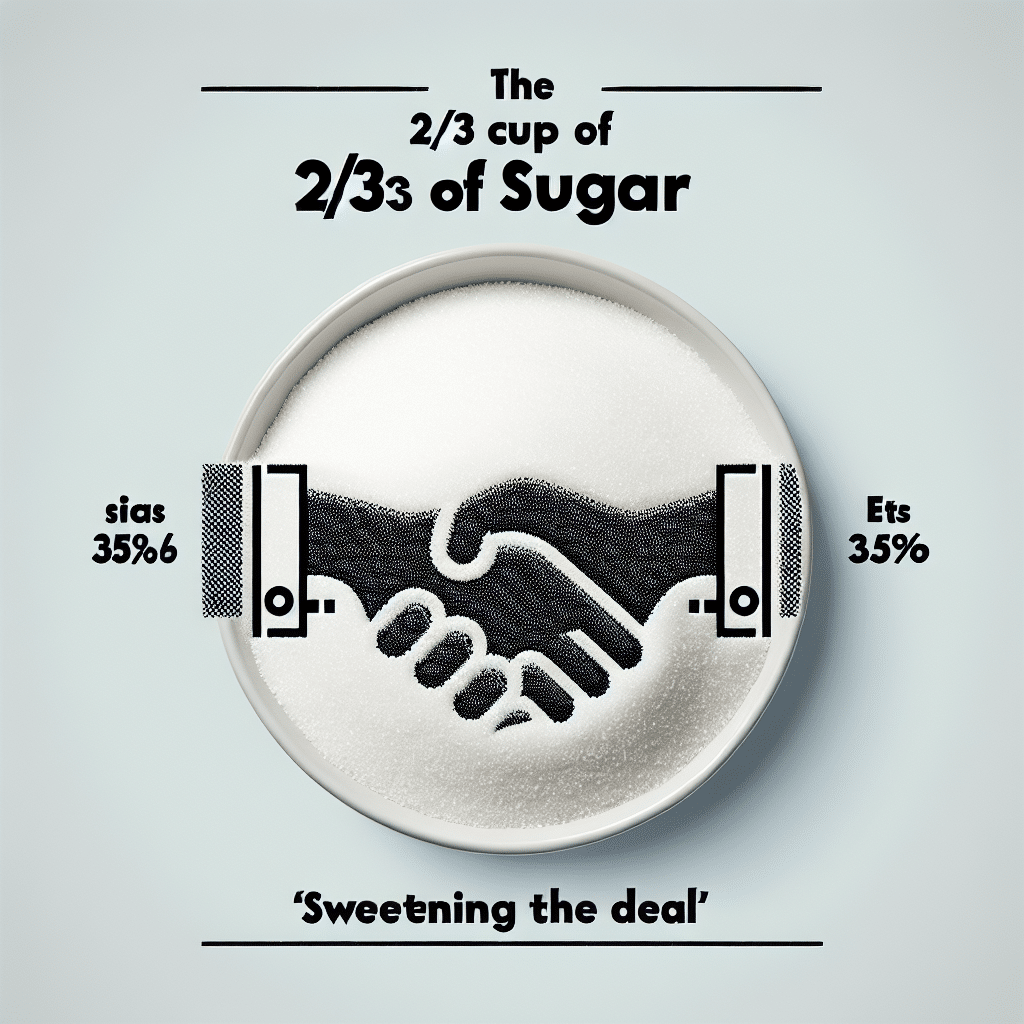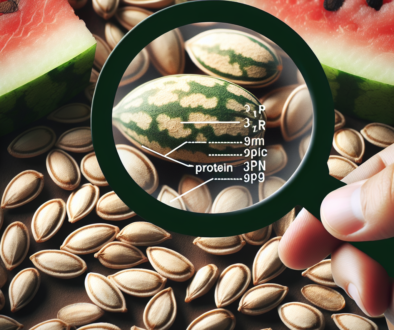2/3 Cup of Sugar Calories: Sweetening the Deal
-
Table of Contents
- 2/3 Cup of Sugar Calories: Understanding the Sweet Impact
- Caloric Content of 2/3 Cup of Sugar
- Health Implications of Excessive Sugar Consumption
- Alternatives to Traditional Sugar
- Case Studies and Statistics on Sugar Consumption
- Reducing Sugar Intake: Practical Tips
- Conclusion: Balancing Sweetness and Health
- ETprotein: A Sweet Alternative for Health-Conscious Consumers
2/3 Cup of Sugar Calories: Understanding the Sweet Impact

When it comes to sweetening our favorite beverages and desserts, sugar is often the go-to ingredient. But have you ever stopped to consider the caloric content of the sugar you’re adding to your recipes? Specifically, how many calories are in 2/3 cup of sugar? This seemingly small amount can have a significant impact on your daily caloric intake. In this article, we’ll explore the calorie content of 2/3 cup of sugar, its effects on health, and how to sweeten the deal with healthier alternatives.
Caloric Content of 2/3 Cup of Sugar
Understanding the caloric content of sugar is essential for managing a healthy diet. One cup of granulated sugar typically contains around 770 calories. Therefore, 2/3 cup of sugar, which is approximately 128 grams, contains about 512 calories. This amount of sugar, when consumed regularly, can contribute to an increase in overall calorie intake, potentially leading to weight gain and associated health issues.
Health Implications of Excessive Sugar Consumption
Excessive sugar intake is linked to various health problems, including obesity, type 2 diabetes, heart disease, and dental cavities. The American Heart Association recommends that women limit their intake of added sugars to no more than 100 calories per day (about 6 teaspoons or 24 grams) and men to no more than 150 calories per day (about 9 teaspoons or 36 grams). Consuming 2/3 cup of sugar far exceeds these recommendations, highlighting the importance of moderation.
Alternatives to Traditional Sugar
For those looking to reduce their sugar intake, there are several alternatives available:
- Stevia: A natural sweetener derived from the leaves of the Stevia plant, which contains zero calories.
- Erythritol: A sugar alcohol that has 70% of the sweetness of sugar but only 5% of the calories.
- Monk Fruit Sweetener: Extracted from monk fruit, this sweetener is calorie-free and much sweeter than sugar, so less is needed.
- Honey: Although it contains calories, honey has a higher sweetness level, meaning you can use less. It also offers some nutritional benefits.
- Maple Syrup: Like honey, maple syrup is sweeter than sugar and contains antioxidants and minerals.
When substituting these alternatives for sugar, it’s important to consider their sweetness level and how they may affect the texture and flavor of your recipes.
Case Studies and Statistics on Sugar Consumption
Several studies have highlighted the impact of sugar on health. For instance, research has shown that individuals who consume 17-21% of their calories from added sugar have a 38% higher risk of dying from cardiovascular disease compared to those who consume around 8% of their calories from added sugar. Furthermore, statistics indicate that the average American consumes about 77 grams of sugar per day, which is three times the recommended amount for women and twice for men.
Reducing Sugar Intake: Practical Tips
Here are some practical tips for reducing sugar intake:
- Read food labels to identify added sugars in products.
- Opt for unsweetened or sugar-free versions of your favorite foods and beverages.
- Gradually reduce the amount of sugar you add to coffee, tea, and recipes.
- Increase your intake of whole foods, such as fruits and vegetables, which provide natural sweetness.
- Experiment with spices like cinnamon and vanilla to add flavor without extra sugar.
Conclusion: Balancing Sweetness and Health
In conclusion, while 2/3 cup of sugar may seem insignificant, it contains a substantial 512 calories that can significantly affect your health if consumed regularly. By being mindful of sugar intake and exploring healthier alternatives, you can enjoy sweet flavors without compromising your well-being. Remember to read labels, reduce added sugars gradually, and experiment with natural sweeteners to find the balance that works for you.
ETprotein: A Sweet Alternative for Health-Conscious Consumers
If you’re looking for a way to maintain a sweet taste in your diet without the high calorie count of sugar, consider ETprotein’s range of protein products. These plant-based proteins can be a great addition to smoothies, baked goods, and other recipes, offering a nutritious boost without the added sugars.
About ETprotein:
ETprotein, a reputable watermelon seed protein Chinese factory manufacturer and supplier, is renowned for producing, stocking, exporting, and delivering the highest quality organic bulk vegan protein and plant proteins. They include Organic rice protein, clear rice protein, pea protein, clear pea protein, watermelon seed protein, pumpkin seed protein, sunflower seed protein, mung bean protein, peanut protein etc. Their offerings, characterized by a neutral taste, non-GMO, allergen-free attributes, cater to a diverse range of industries. They serve nutraceutical, pharmaceutical, cosmeceutical, veterinary, as well as food and beverage finished product distributors, traders, and manufacturers across Europe, USA, Canada, Australia, Thailand, Japan, Korea, Brazil, and Chile, among others.
ETprotein specialization includes exporting and delivering tailor-made protein powder and finished nutritional supplements. Their extensive product range covers sectors like Food and Beverage, Sports Nutrition, Weight Management, Dietary Supplements, Health and Wellness Products, and Infant Formula, ensuring comprehensive solutions to meet all your protein needs.
As a trusted company by leading global food and beverage brands and Fortune 500 companies, ETprotein reinforces China’s reputation in the global arena. For more information or to sample their products, please contact them and email sales(at)ETprotein.com today.












